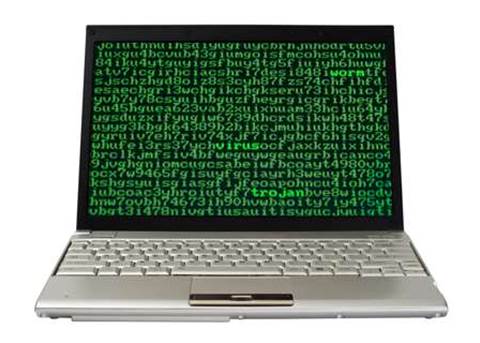Malware writers have hooked onto the anniversary of the 9/11 attacks to spread malware via false virus messages.
Malware writers are either registering new web pages and filling them with terms relating to the event, or breaking into existing web sites and adding terms to rise higher on search engine rankings.
They are using these pages to host false antivirus alerts, where users get a window appear telling them they are infected and offering to sell them a solution to the problem. The actual software sold is both useless from a security standpoint and also contains malware.
“Cybercriminals hell bent on infecting users with scareware by displaying fake anti-virus scans are hacking legitimate webpages and stuffing them with keywords related to the 9/11 terrorist attack on the United States,” said Graham Cluley, senior technology consultant at Sophos.
“Using search engine optimisation (SEO) techniques, the hackers hope to push their poisoned webpages higher up in Google's search results. Sophos has discovered a number of such hacked pages in the last 24 hours.”
Malware writers piggyback on 9/11 anniversary
By
Iain Thomson
on Sep 14, 2009 9:43AM

Got a news tip for our journalists? Share it with us anonymously here.
Partner Content
.jpg&h=142&w=230&c=1&s=1)
New Microsoft CSP rules? Here’s how MSPs can stay ahead with Ingram Micro

How Expert Support Can Help Partners and SMBs Realize the Full Value of AI

MSPs with a robust data protection strategy will achieve market success
_(27).jpg&h=142&w=230&c=1&s=1)
Promoted Content
Why Renew IT Is Different: Where Science, AI and Sustainability Redefine IT Asset Disposition

Fabric workshops help partners tap into data services demand growth.







.jpg&w=100&c=1&s=0)











